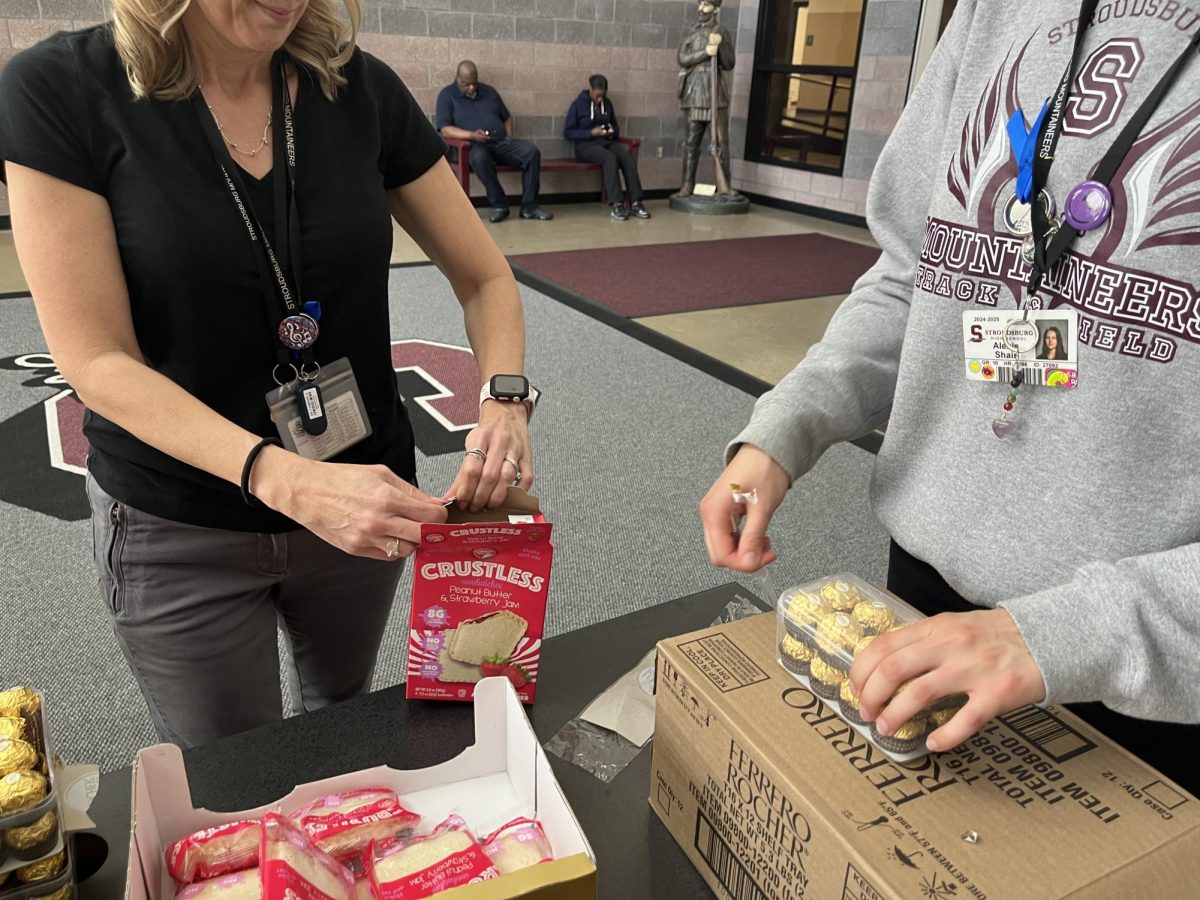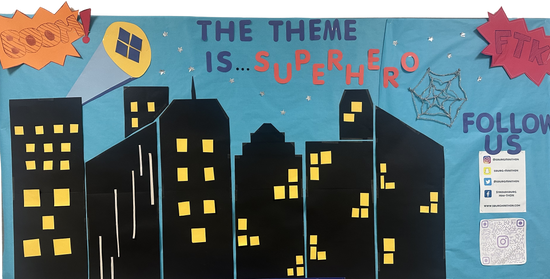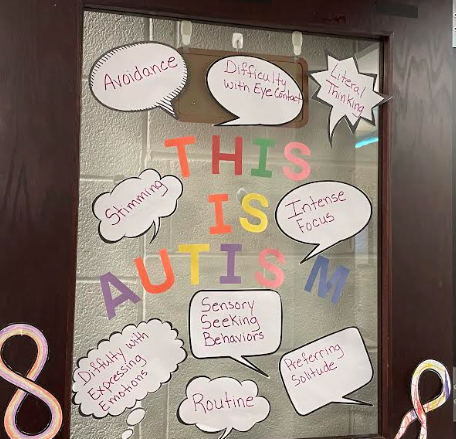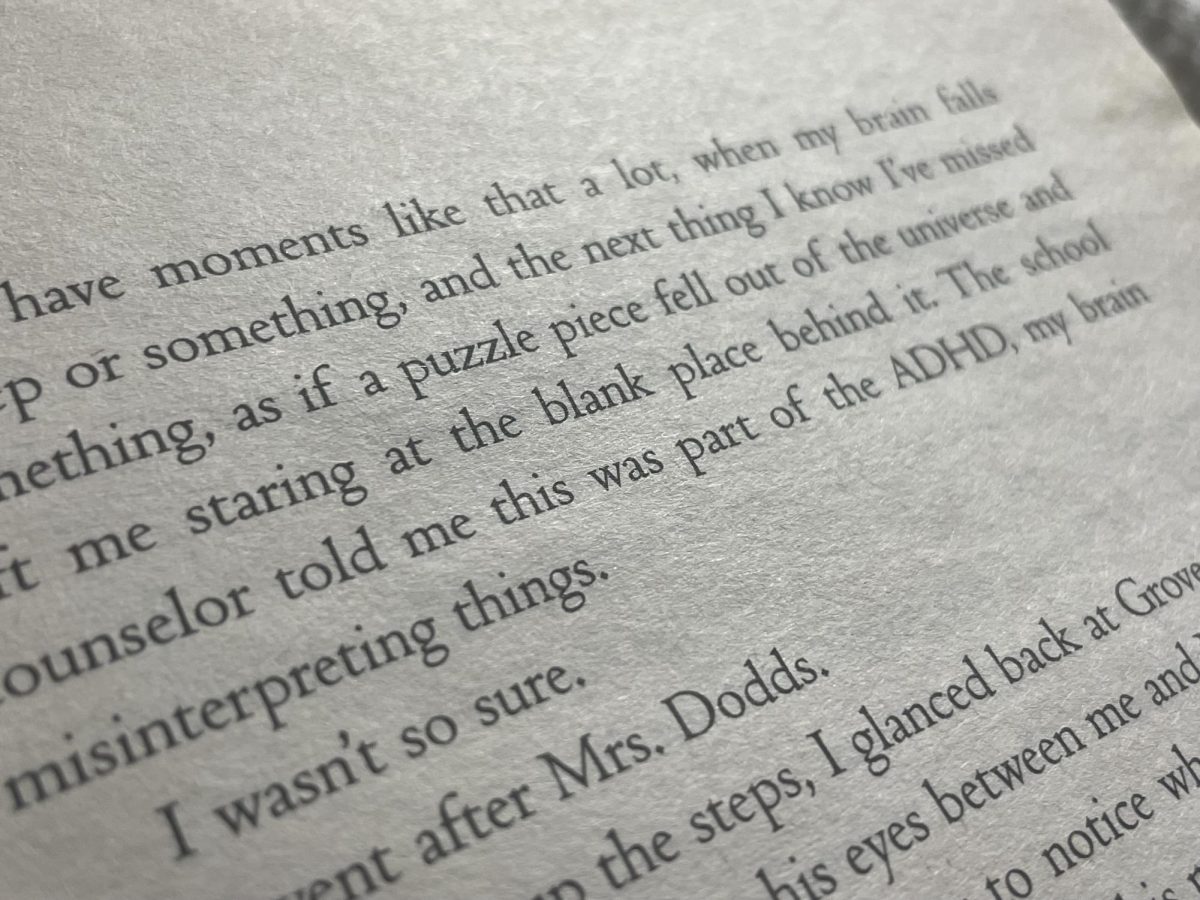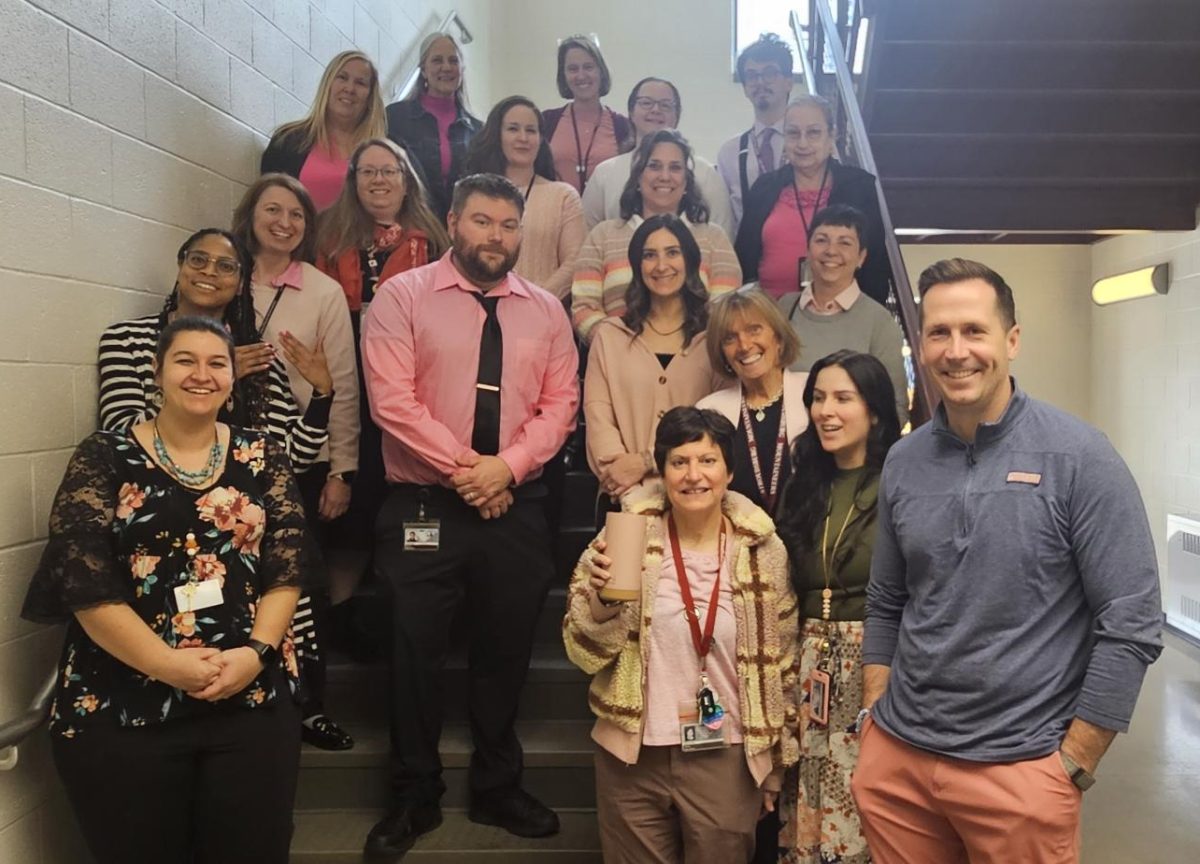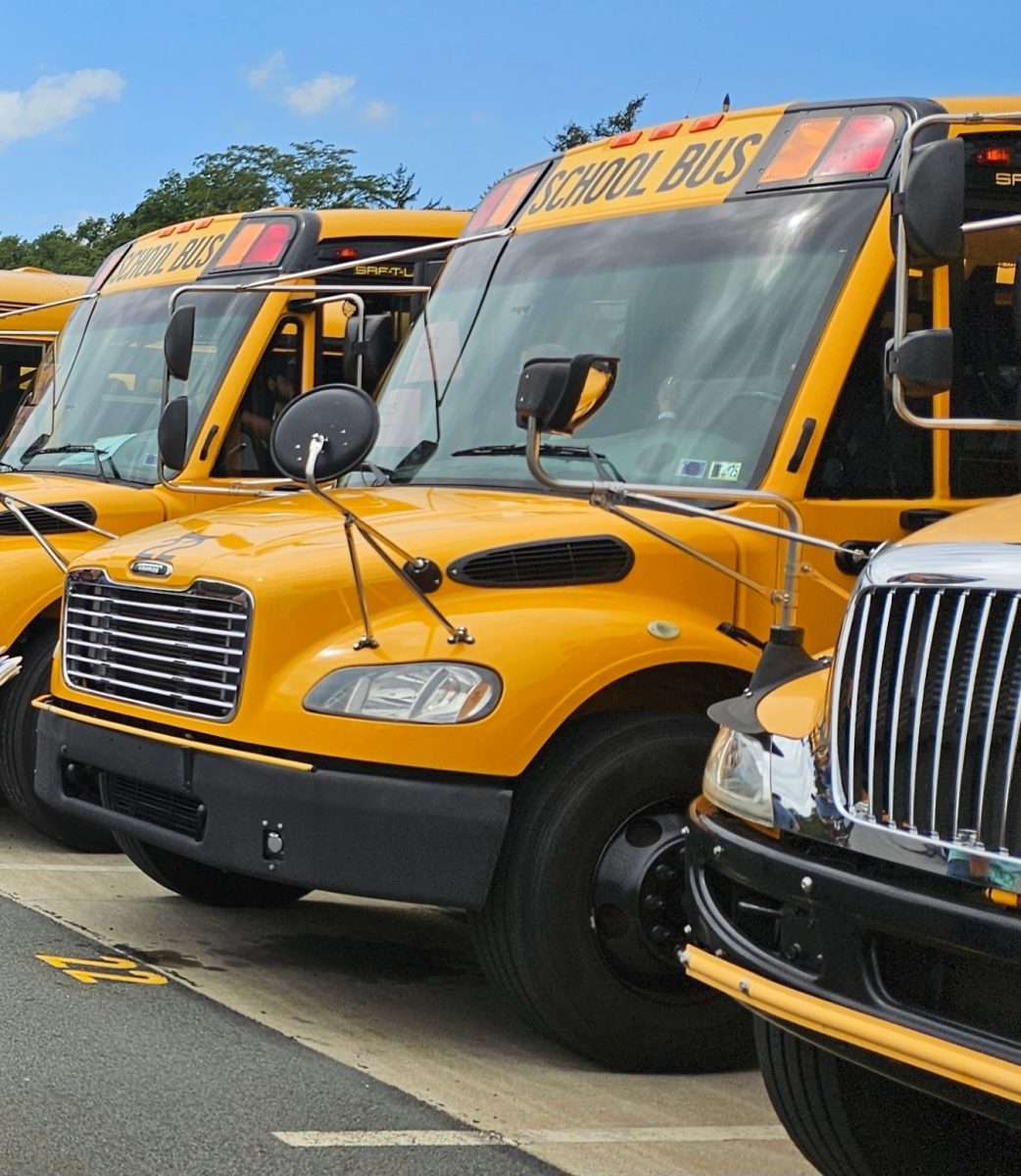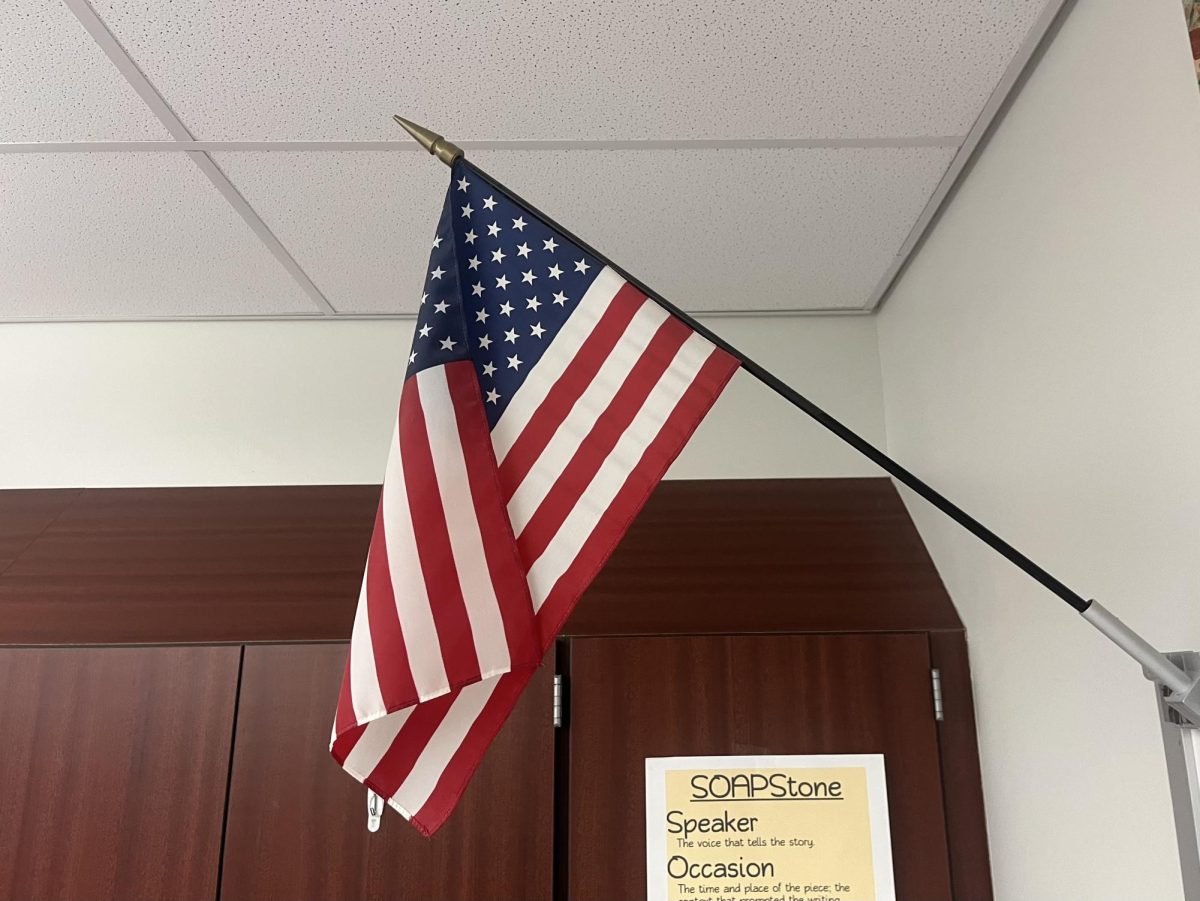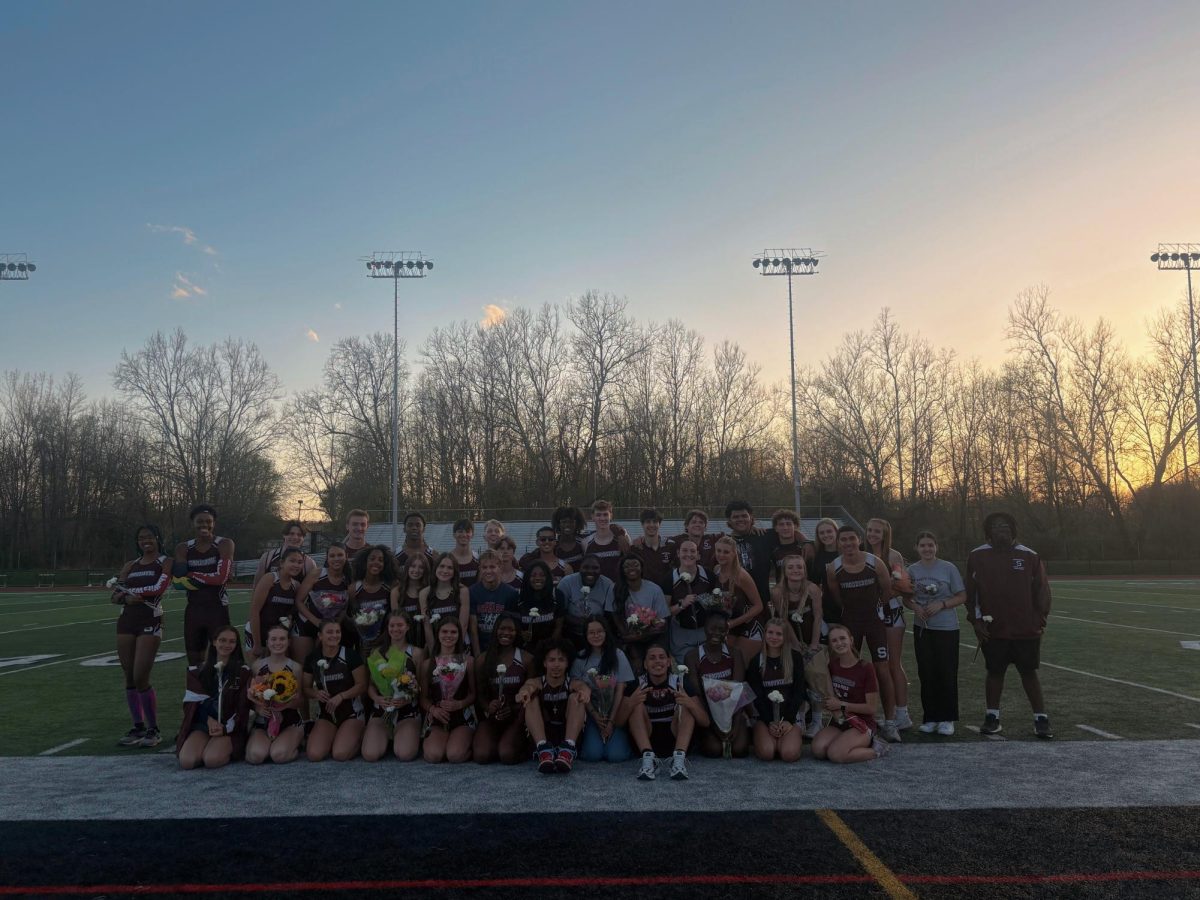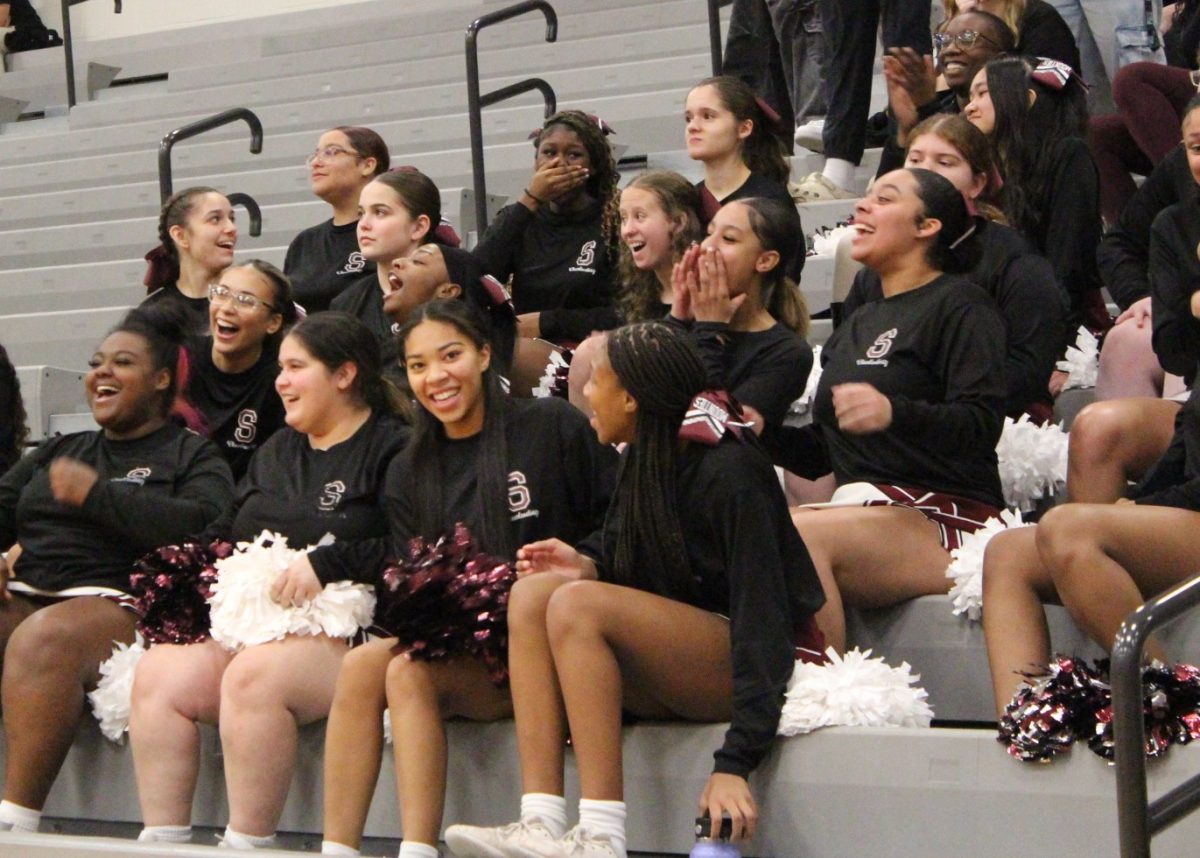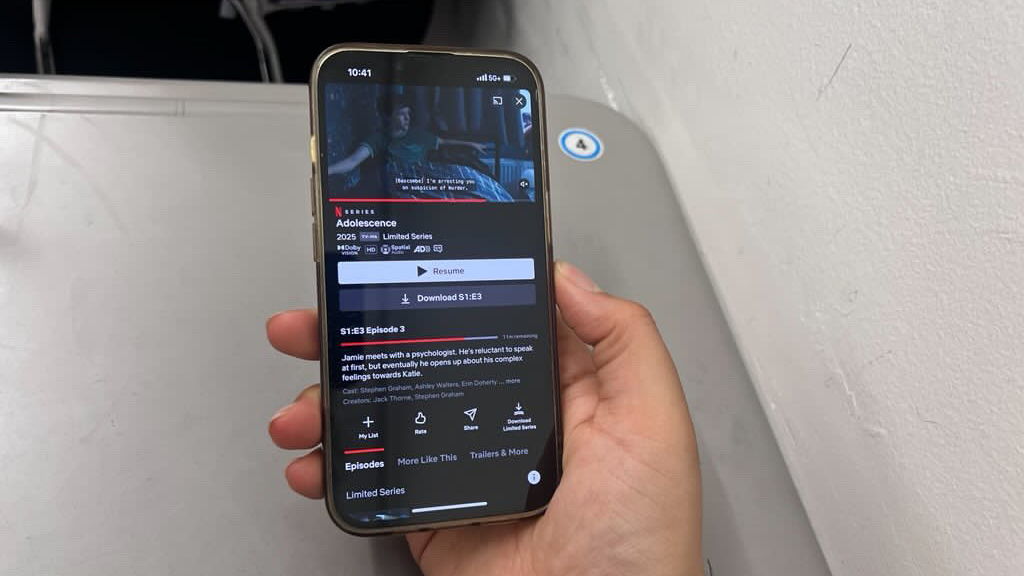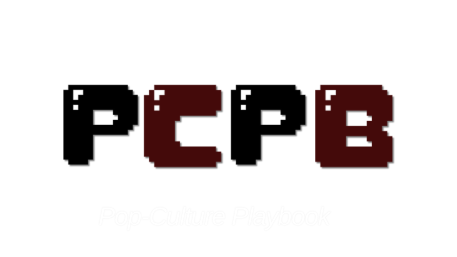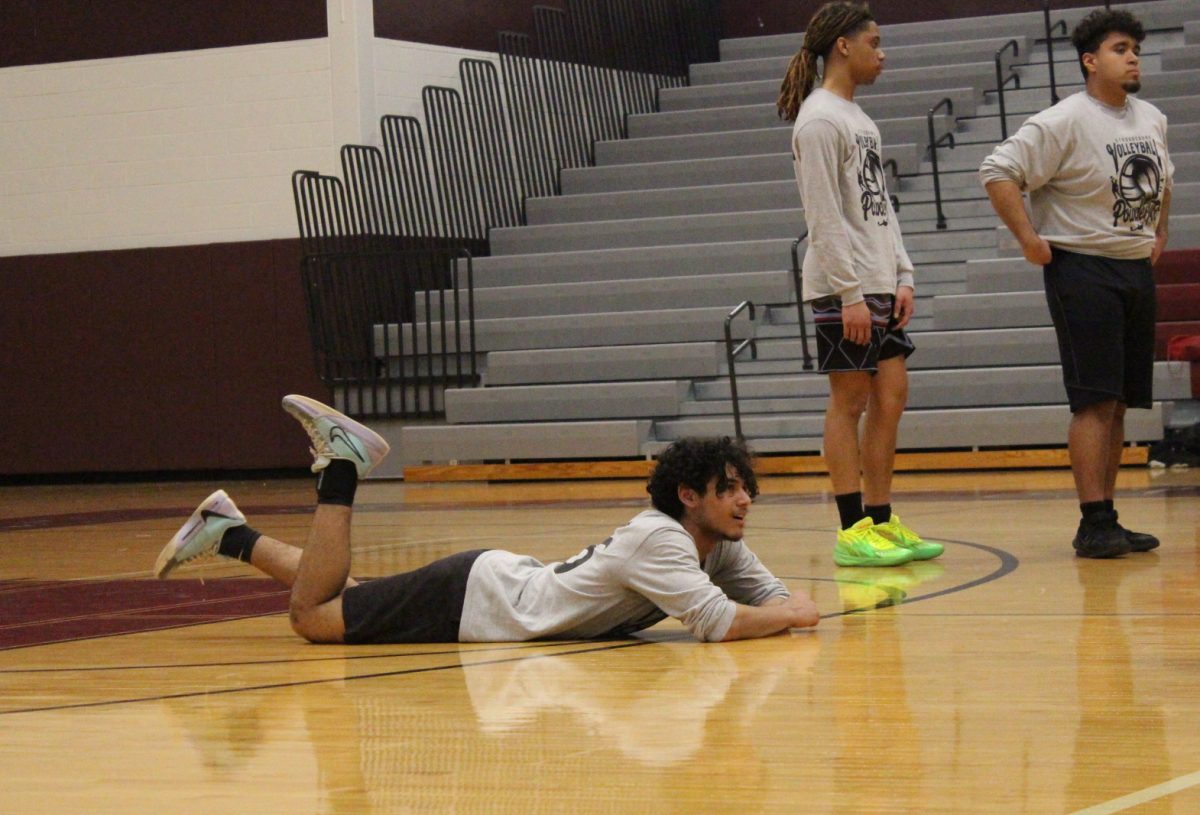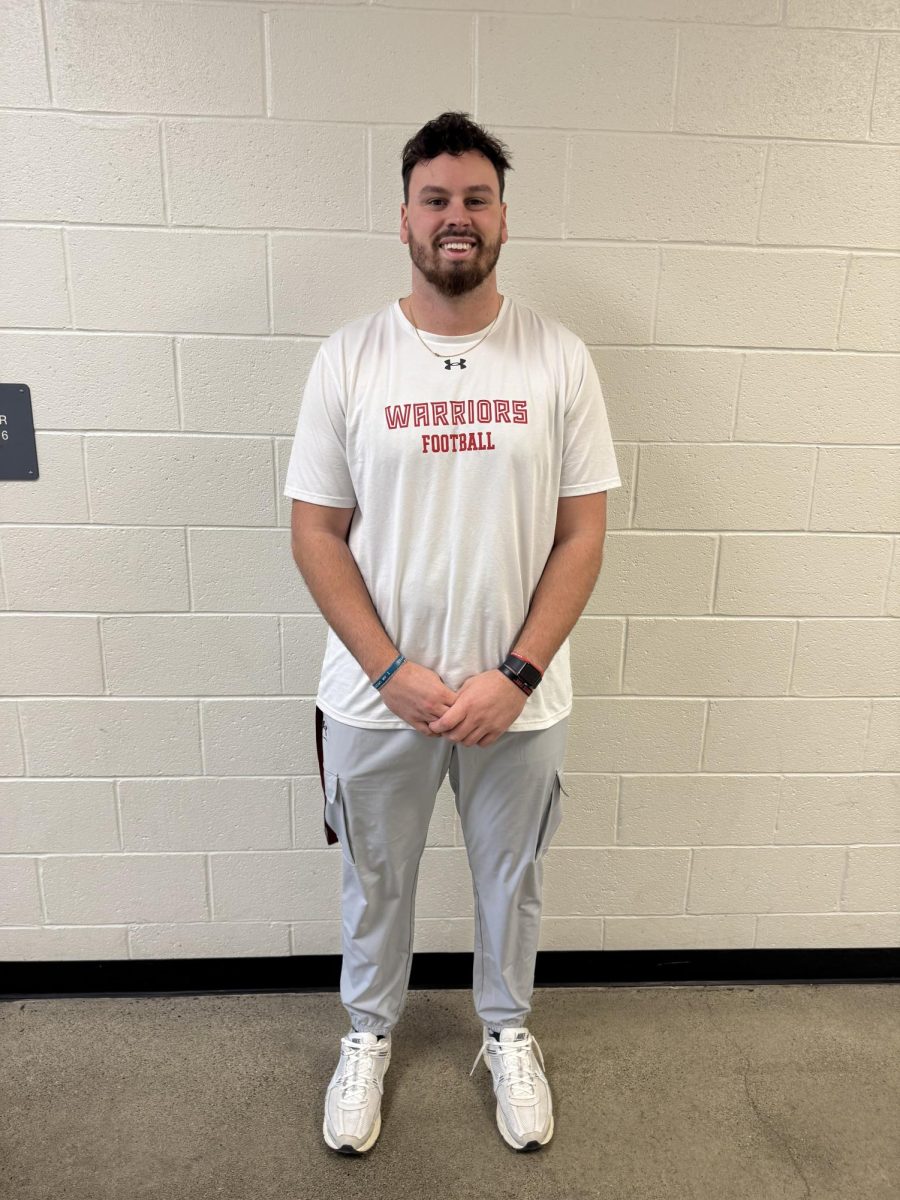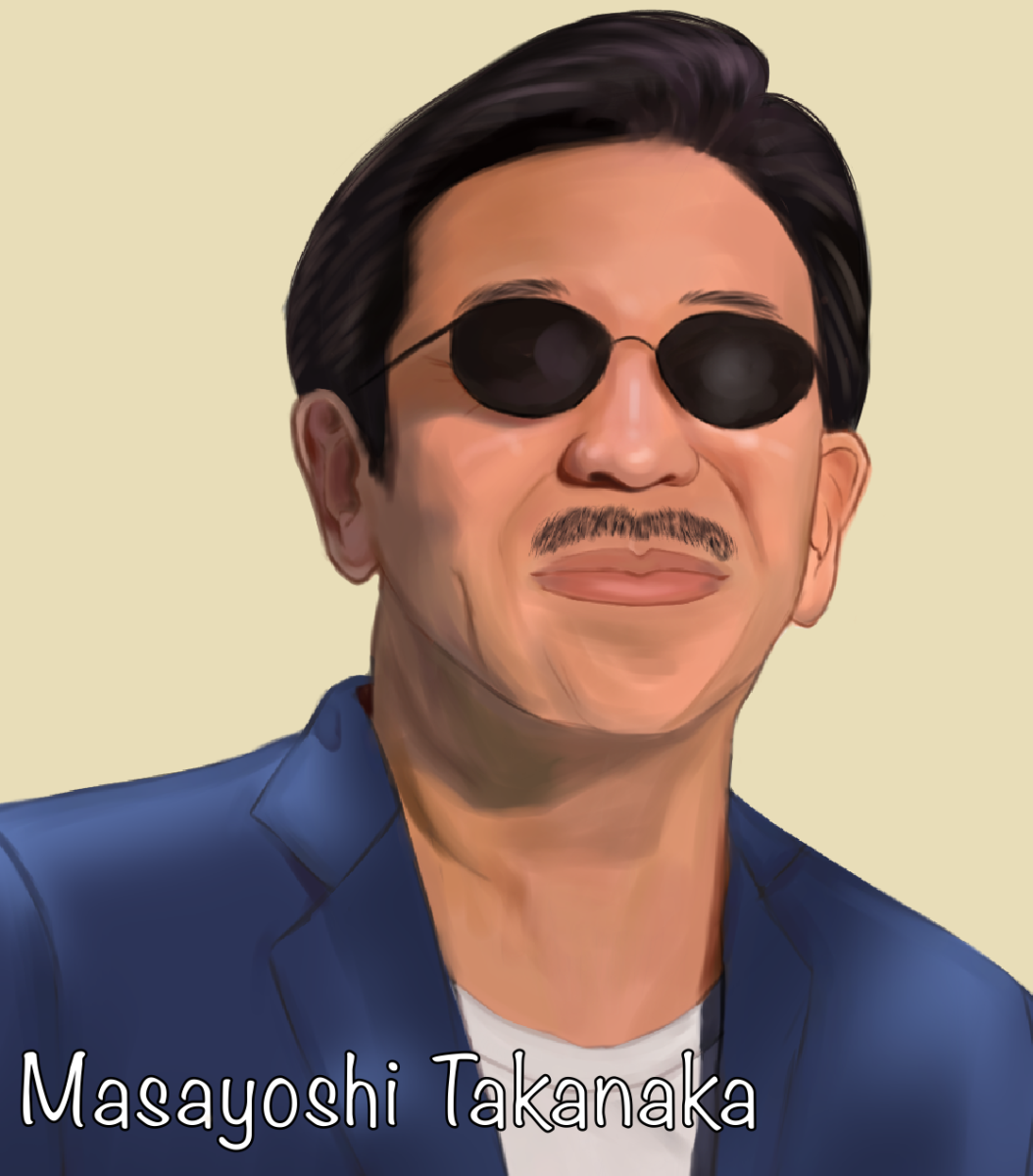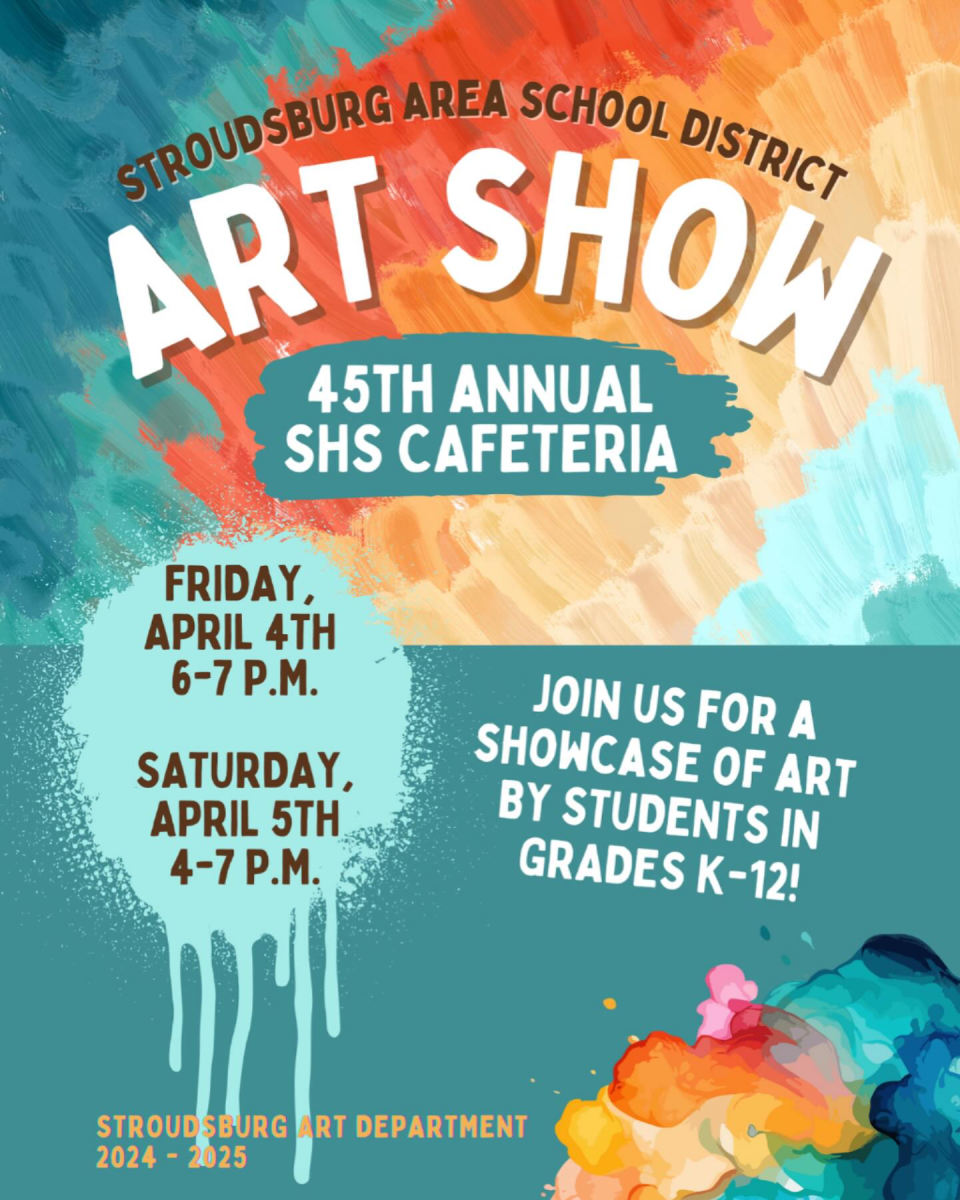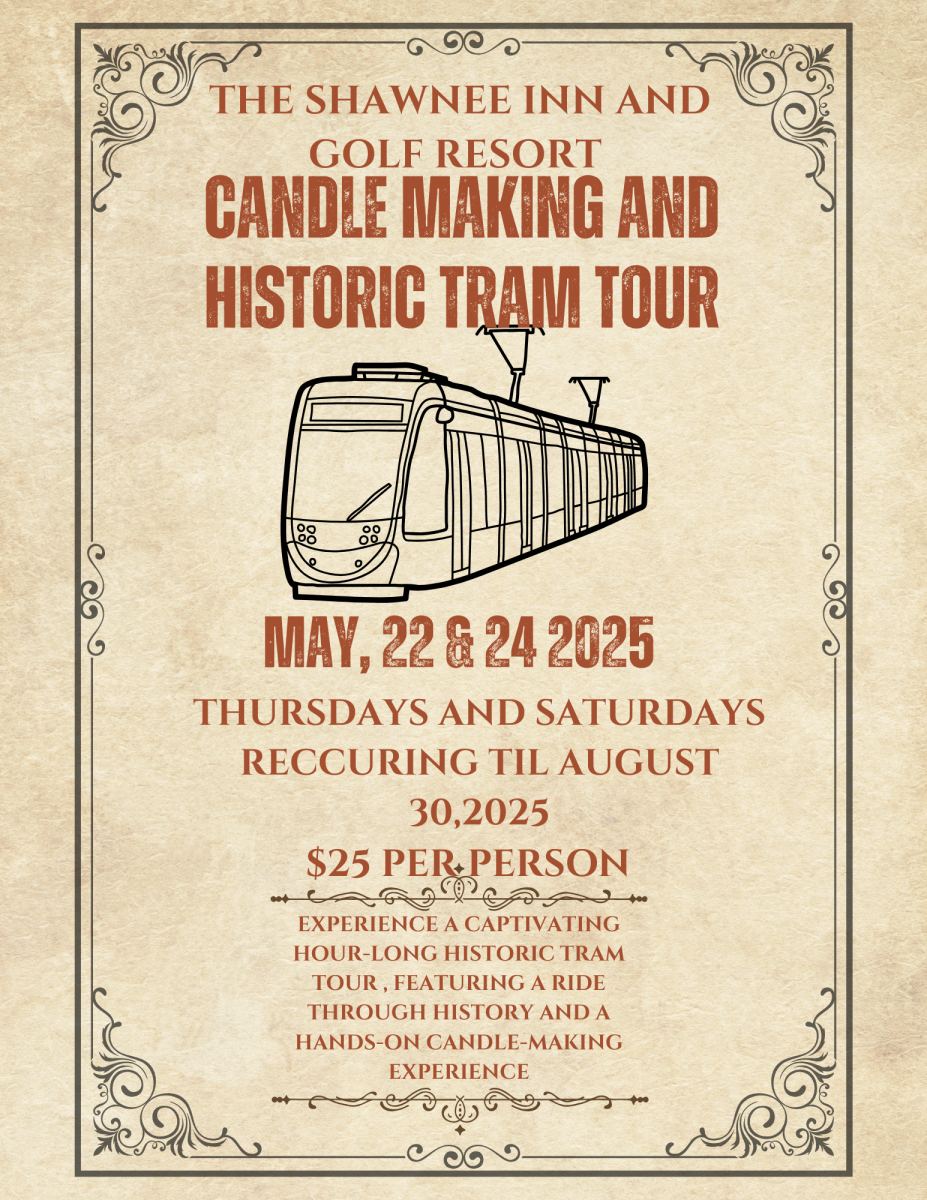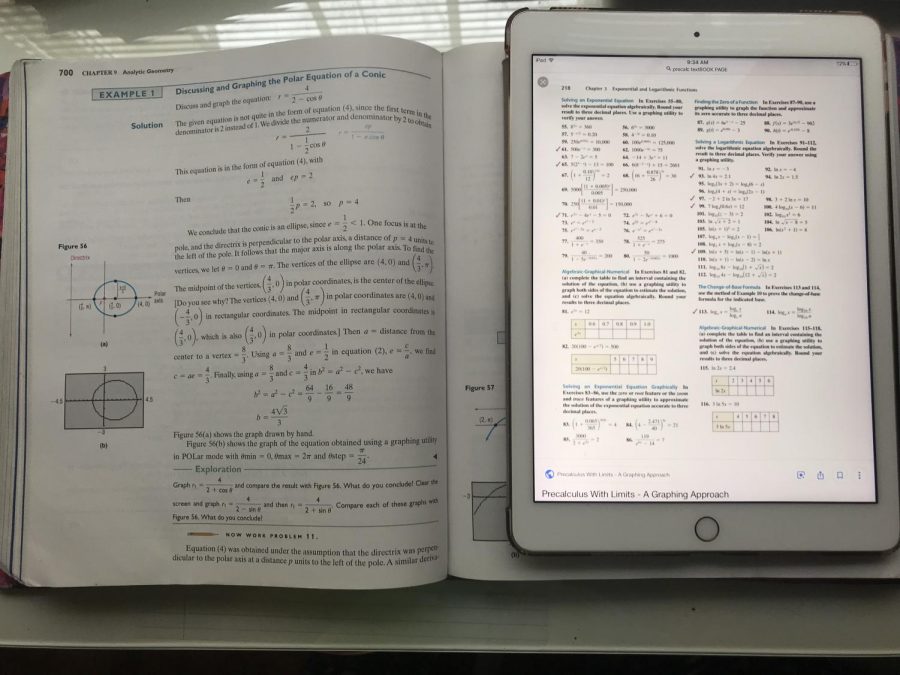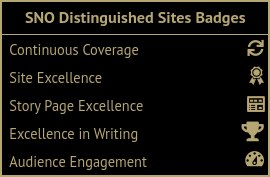When it comes to learning, old school textbooks school online texts
Physical textbooks are available online as well.
March 2, 2019
Every year, students receive heavy textbooks that they lug around in their jam-packed backpacks. They often grumble that they could be reading their assignments on tablets or on e-books.
As a matter of fact, some universities have gone completely paperless, even providing students with laptops where they can access all of their textbooks.
Goodbye to flipping through pages, taking notes in the margins with a pencil, and highlighting key points with a yellow marker. What a relief.
Not so fast!
While technology may at first seem to be the way to go, plenty of research argues that this is not necessarily the best option. In fact, going old school may be the best way to get through school.
For many reasons, some high schools are considering the switch from print textbooks to digital textbooks that can be accessed on tablets and e-readers. Although there are positives that may come from this transition, studies show that for many students digital textbooks aren’t as efficient as print textbooks.
“I get to focus more, I’m focusing just on the textbook,” said sophomore Yocelin Bello. “But with an online textbook I know I would get distracted with other websites.”
This is a sentiment that many students share. Print textbooks don’t provide easy access to online distractions, which are obviously at a student’s fingertips every second they are online.
Research shows that 80 percent of students under 18 multitask while they are using electronics. This clearly can effect how they learn and obtain information.
“I like to use a print textbook rather than an online textbook,” said sophomore Tom Mathiesen. “The online format is not as easy to read and I just find the print textbook to be easier to find or learn what I need to.”
It may come as a surprise to learn that the speed at which people read on or offline also changes. Studies have shown that people read digital text 20 to 30 percent slower than they do real textbooks. This may impact the amount of time it may take the students to complete work.
Not only do students read real textbooks faster, but they actually retain and comprehend the information better than they would reading off a tablet.
“Negatives about online textbooks would be that you aren’t able to annotate online,” said junior Sara Possinger. “I prefer a print textbook.”
Assignments on online textbooks can’t be completed without functioning internet. School districts need to consider this when assigning work.
“Students need home broadband to access digital content and to complete internet based homework,” said former FCC Chairman Julius Genachowski and Secretary of Education Arne Duncan.
Technology can also break down. It can be very frustrating for students when their table or phone dies — regardless of the reason why. Everyone knows that tablets constantly need to be charged — and they always seem to die when students are working feverishly on a big assignment with a deadline looming.
Obviously, print textbook do not have this problem. Work can be done efficiently and effectively. There are no concerns about battery life, access to electrical outlets, or other technological malfunctions.
Another factor that might not be considered is cheating. Of course, such behavior has always existed, but everybody knows that the internet allows students instant access to countless cheating opportunities. Good old textbooks don’t offer that luxury.
Online texts also allow students to easily search keywords, rather than read over the passage and figure out the meaning in context. While this is not cheating, it certainly affects their retention of words, ideas, and concepts.
Health is a factor that many people don’t consider when it comes to technology. They are mostly blinded by the alluring Netflix binges or the dings of a new text.
Can’t say I’m not one of those people.
Devices and hand-held technology contribute to Computer Vision Syndrome, which results in headaches, blurred vision, eyestrain, and dry eyes, according to the American Optometric Association
Not only are eyes at risk but using these devices as textbooks can lead to neck pain, shoulder pain, and carpal tunnel syndrome.
Overall, there are many benefits to using print textbooks, but some may argue that digital textbooks are better and more efficient. From my research I have concluded that the old school textbooks are better for learning and for one’s health.







